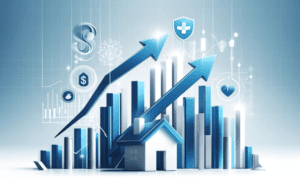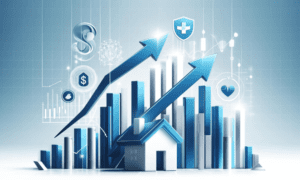Used Cars Keep Getting Cheaper For Dealers, Not So Much For You

Last month, the average price of vehicles sold at Manheim’s wholesale auctions was 10.3 percent lower than it had been in June 2022. After three consecutive months of falling prices, analysts are starting believe the used car market is set to stabilize. That’s the good news.
Feds Want To Stop Shady Car Sales
Now, the bad news: that stable point appears to be nowhere near the pre-pandemic status quo, even if it is a decent bit better than those miserable post-pandemic peaks. The culprits for the recent decline, as economists at Manheim-owned Cox Automotive see it, are improving new vehicle inventory coupled with rising interest rates. From CNBC:
The retail used vehicle market remains strong but was estimated to be off by 6% last month compared to June 2022, according to Cox. The decline was led by rising availability of new vehicles as well as high interest rates, Cox senior economist Jonathan Smoke said Monday during a conference call.
“We are now at a turning point where the market returns to more balance and that balanced market is likely to deliver small but predictable changes in sales and less news about big changes in prices,” Smoke said.
Used vehicle prices have been elevated since the early days of the coronavirus pandemic, as the global health crisis combined with supply chain issues caused production of new vehicles to sporadically idle. That led to a low supply of new vehicles and record-high prices amid resilient demand. The costs and scarcity of inventory led consumers to the used vehicle market, boosting those prices as well.
Cox Automotive expects wholesale used vehicle prices to be down roughly 1.1% at the end of this year compared to December 2022. That’s down from the company’s initial forecast of a 4.3% decline, as pricing and demand was more resilient than expected to begin the year.
To refresh your memory, the average price of a used car last December was $29,533, per Edmunds via CNN. That means we can look forward to that sum falling a whole $324 by the end of the year, according to Cox’s prognostications — but only if retail trends follow wholesale’s lead. That used to be the general rule, though in recent years retail prices have actually increased over certain periods where wholesale prices (what dealers pay) have decreased. Into whose pocket would you guess that ever-widening gap has gone? Let’s allow The Hill to spell it out for us:
“Dealers don’t have to pass it on. They can make bigger profits,” Claudia Sahm, a former Federal Reserve banker and founder of Sahm Consulting, said in a message to The Hill.
“At the end of the day, inflation and how much prices go up – these are decisions made by businesses. Inflation does not just come down from on high,” she said in an interview. “You’re in a capitalist economy, so whether it’s a small business or corporation, they get to decide when they pass a price increase or a price decrease on.”
In any case, Cox doesn’t predict another wholesale month-to-month drop as significant as the market saw entering June and July for the rest of the year. However, it does believe used prices will eventually slide back down to early 2020 levels for wholesale buyers… in 2028. Whether or not they’ll slide for you remains to be seen.




